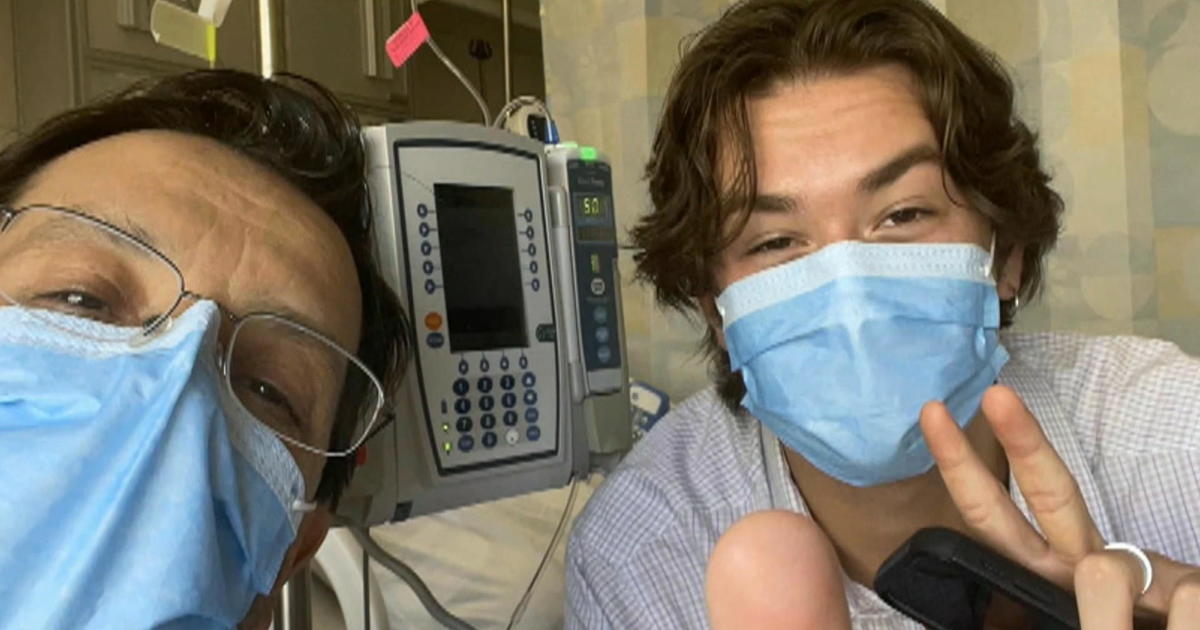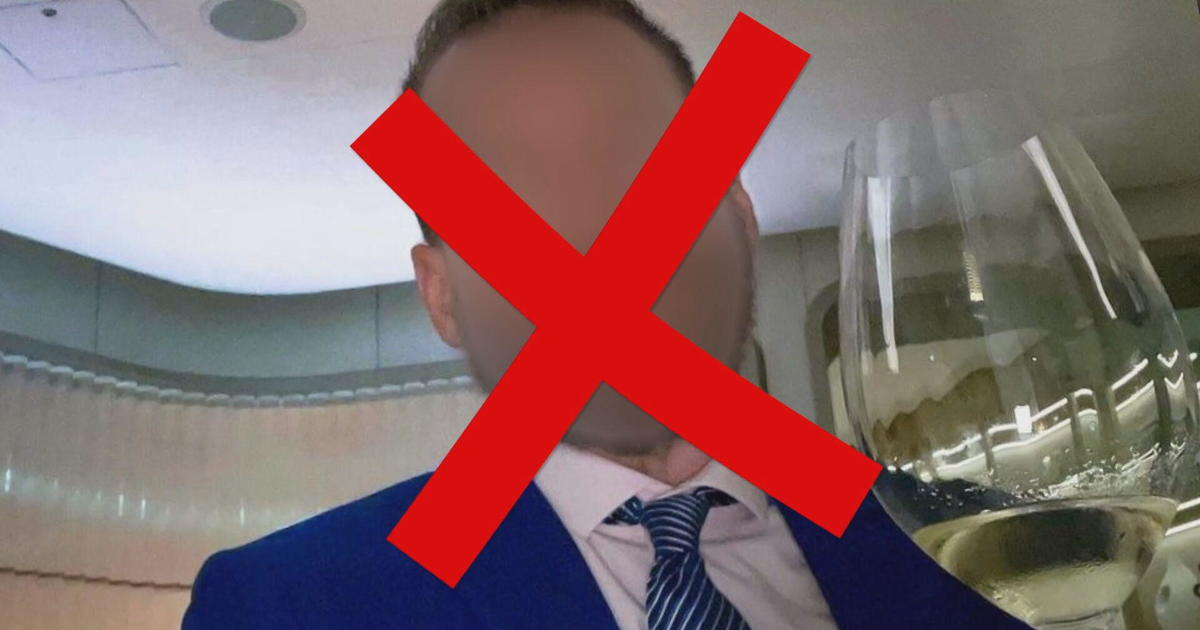Health: Breast Implant Complications
By Stephanie Stahl
PHILADELPHIA (CBS) -- Breast cancer reconstruction often leaves women with disfiguring complications. Health Reporter Stephanie Stahl explains why a growing number are turning to doctors in Philadelphia to fix the problem. We want to warn you, some of the video in this story is graphic.
"Oh, I love the way that I look now. It looks more natural, more normal," said 55-year-old Arnelle Lloyd, who has been struggling for years to feel normal.
Diagnosed with stage three breast cancer in 2009, she had a mastectomy, radiation and especially grueling chemotherapy.
"I didn't know if I would make it. It just makes you feel like death has to be better," said Arnelle.
Fighting cancer was just the beginning of her battle. Next was a painful and disfiguring ordeal with reconstruction.
"I've come along way," said Arnelle.
After the mastectomy, Arnelle was fitted with a skin expander and breast implant, a standard in reconstruction. She had a difficult complication the implant moved and slipped up into her shoulder, over a period of months.
"It was like a foreign body to me," said Arnelle.
Photos show how implants can move after a mastectomy, causing pain and disfigurement. It happens because radiation causes tissue damage. Skin doesn't stretch to accommodate the implant, so it gets squeezed and moves.
"It didn't look natural. It didn't feel natural. It hurt," said Arnelle.
She turned to Dr. Joseph Serletti, Chief of Plastic Surgery at the Hospital of the University of Pennsylvania.
"She was never really going to be able to get a satisfactory implant reconstruction," said Dr. Serletti.
The Hospital of the University of Pennsylvania specializes in reconstruction, replacing implants with the patient's own tissue.
For Arnelle, a typical case, fat and tissue is taken from her stomach and transplanted to create a new breast.
"Using the patients own tissue in radiation works fine as opposed to implants," said Dr. Serletti.
But Dr. Serletti says transplant surgery is much more complicated, which is why many mastectomy patients end up with implants, and bad results after radiation.
"It's uncomfortable and you don't end up where you want to be," said Dr. Serletti.
Arnelle is still healing from the transplant, and she had reduction surgery on her other breast, so she will be symmetrical. The process is still ongoing.
The procedure that Arnelle had is called a TRAM flap. Surgeons at the Hospital of the University of Pennsylvania do about 400 a year, the most in the country. All breast cancer reconstruction is covered by insurance.
RELATED LINK: Penn Medicine Plastic Surgery Information



